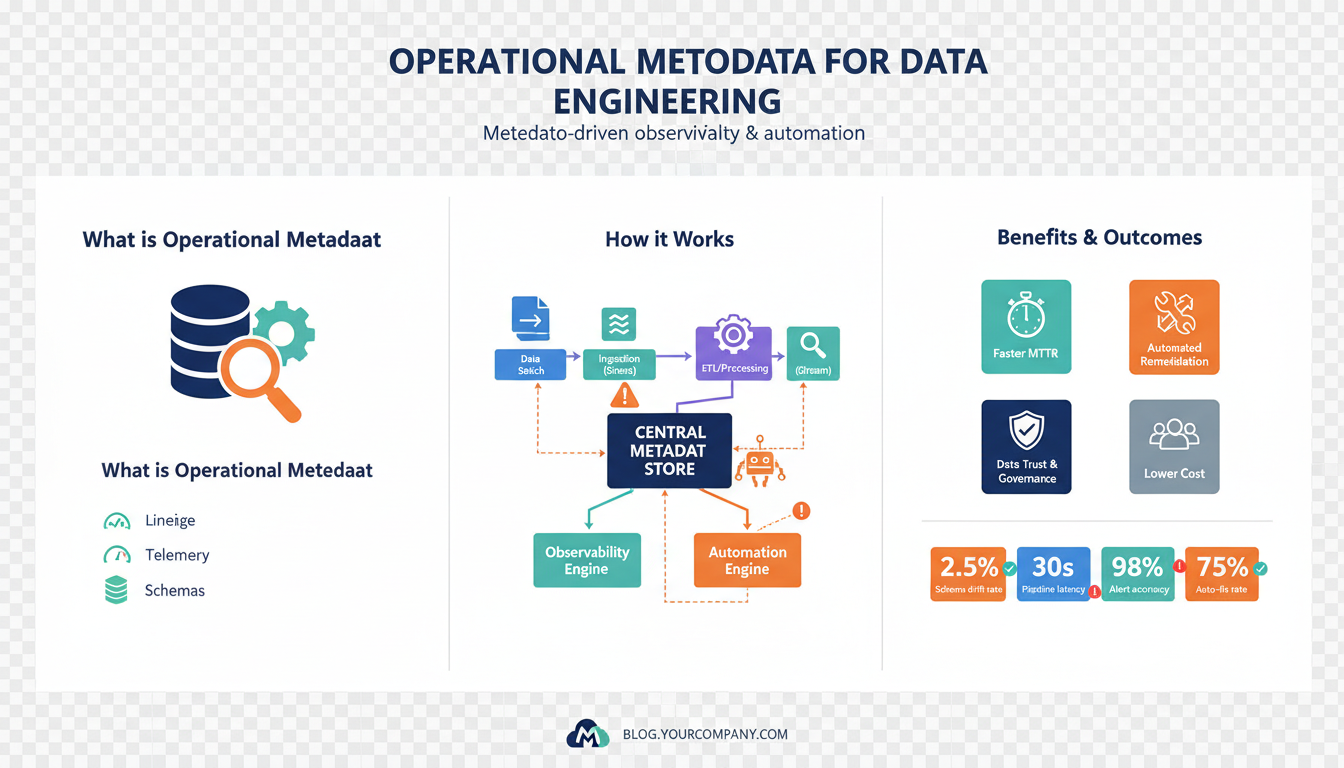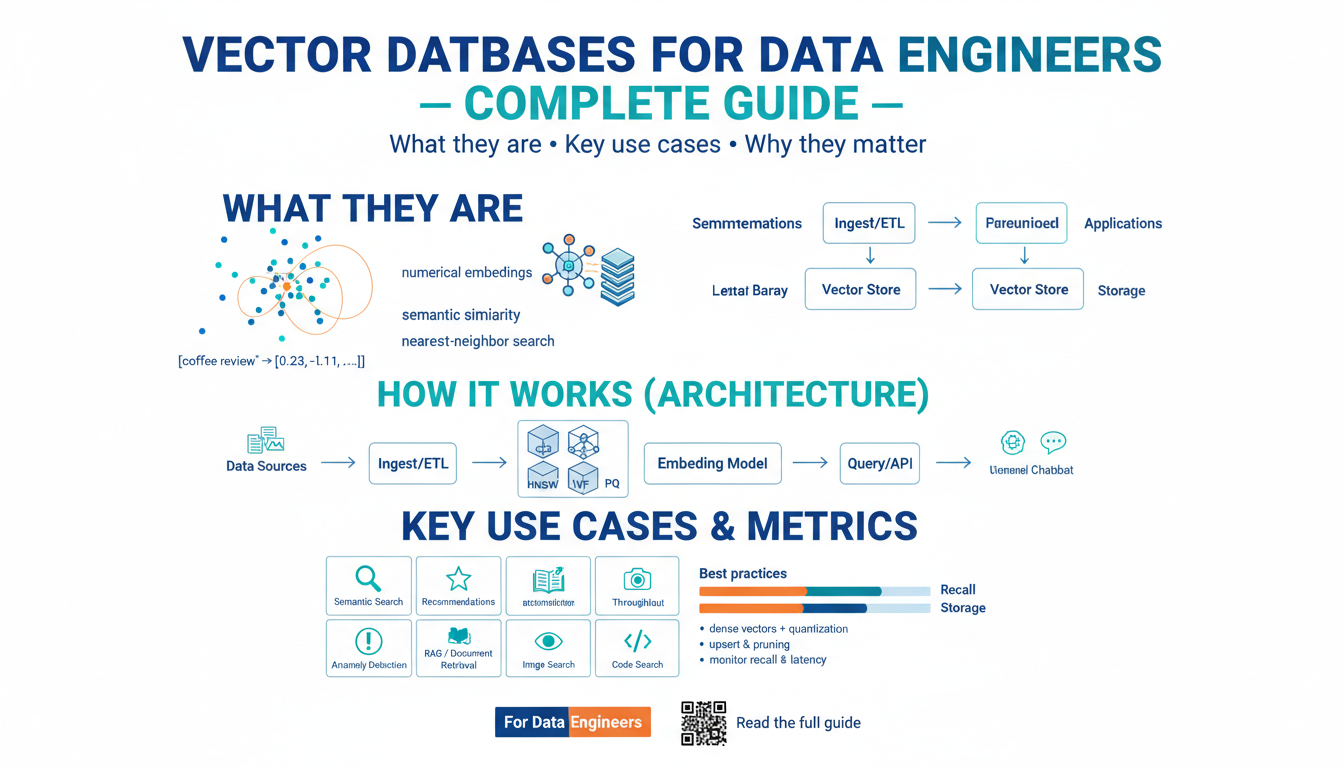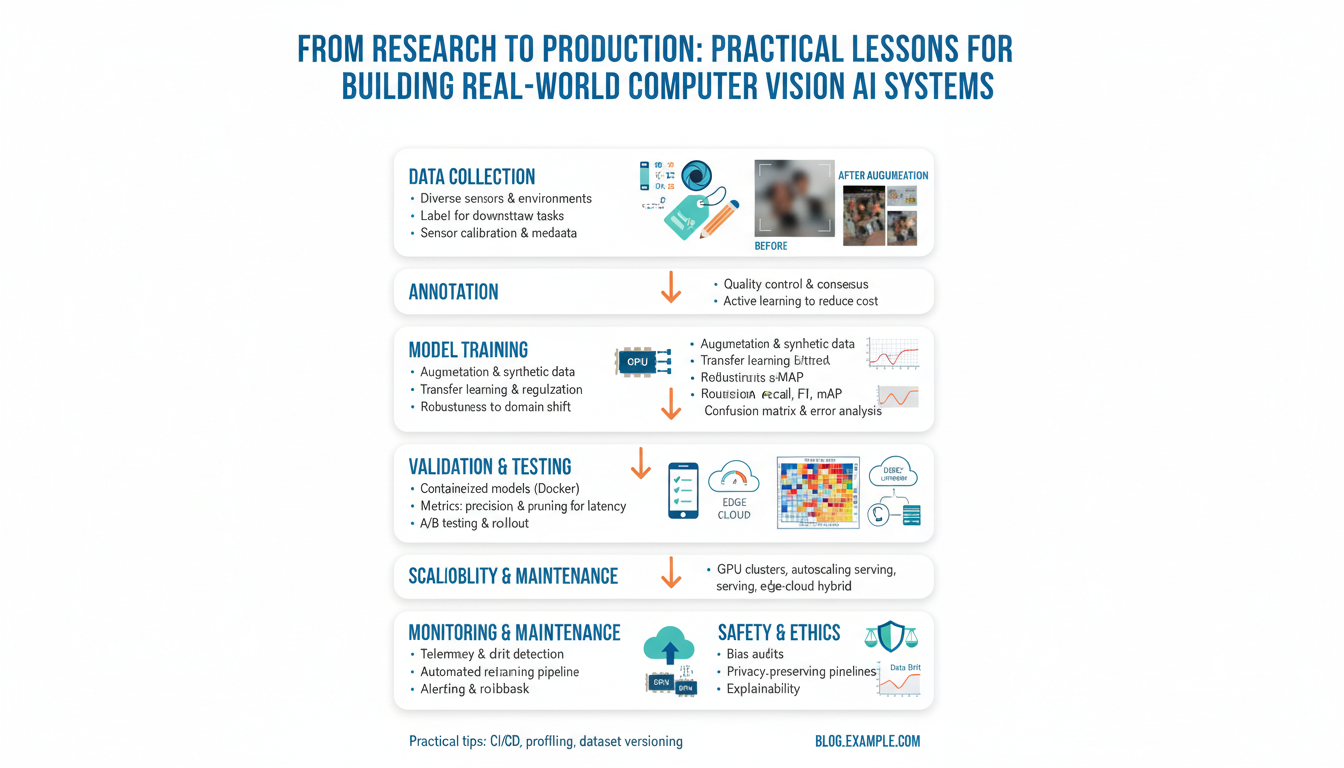Background: Siri’s Evolution and Current Limitations
Since its introduction in 2011, Apple’s Siri has been a trailblazer in popularizing voice assistants on smartphones and smart devices. Initially celebrated for its ability to interpret natural language commands and provide quick answers, Siri quickly became a hallmark feature of the iPhone, symbolizing Apple’s innovation in the burgeoning field of artificial intelligence. Over the years, Siri has expanded its functionality, offering integration with third-party apps, handling smart home commands, setting reminders, and answering general knowledge queries.
Despite continued updates and improvements, many users and industry analysts feel Siri has struggled to keep pace with advancements seen in competing AI platforms. For example, while Apple has maintained a strong commitment to user privacy—processing many Siri commands locally on devices as opposed to sending recordings to the cloud, which is a practice that has earned significant praise—the trade-off has often come at the expense of deep, conversational intelligence and context awareness. These are areas where assistants like Google Assistant and Amazon Alexa, which lean more heavily on cloud processing and vast data collection, have pulled ahead in delivering more nuanced, context-driven experiences.
A notable limitation is Siri’s ongoing difficulty with context retention across queries. For instance, where a user might ask, “Who won the World Cup in 2018?” followed by, “Where did they play the final?” Siri can sometimes fail to understand that “they” refers to the previous answer. In contrast, Google Assistant often handles such chained questions with greater accuracy, as detailed by Wired’s analysis of voice assistant intelligence.
Siri’s third-party integrations have also lagged, remaining somewhat limited in scope compared to competitors. Apple introduced SiriKit to let developers add voice-based controls to their apps, but the supported domains are narrow and often restricted to categories like ride-sharing, payments, and messaging. This relatively closed ecosystem contrasts sharply with the open approach employed by other major voice assistants, limiting Siri’s flexibility in smart home and productivity scenarios.
These challenges highlight the evolving expectations from users who now demand smarter, more proactive, and context-aware digital assistants. As natural language processing and AI capabilities continue to advance, particularly with the rise of generative AI systems like OpenAI’s ChatGPT and Google’s Gemini, the pressure is mounting on Apple to close the gap—or risk falling further behind. Understanding Siri’s journey, achievements, and persistent limitations sets the stage for exploring what a partnership or integration with cutting-edge AI like Google’s Gemini could mean for Apple’s ecosystem and the future of digital assistants overall.
An Introduction to Google’s Gemini AI
Google’s Gemini AI is one of the most advanced developments in the field of artificial intelligence, representing a significant leap forward in how machines can understand, generate, and process human language. Announced in late 2023, Gemini is Google’s latest family of large language models (LLMs), designed to not only compete with leading AI systems but also set a new industry standard for adaptability and intelligence.
At its core, Gemini is engineered to be deeply multimodal. This means it can seamlessly process and interrelate information in various formats, including text, images, audio, and even video. According to Google’s official AI blog, Gemini’s architecture enables it to handle complex queries that demand reasoning across multiple types of content. For instance, it can analyze a chart image, interpret its meaning, and cross-reference the data with textual reports—all in a single query workflow. This broad capability gives Gemini a distinct edge over previous iterations of AI assistants, which were mostly text-based or reliant on separate modules for multimedia processing.
Another major breakthrough with Gemini is its improved factual accuracy and reasoning ability. Google has invested heavily in training Gemini with high-quality datasets and rigorous safety protocols, reducing the risk of hallucination (generating false or misleading information) that many earlier models struggled with. As reported by The New York Times, Gemini leverages advanced alignment techniques and “chain of thought” reasoning to deliver more accurate, nuanced responses, making it potentially more reliable than many of its predecessors, including large-scale models like GPT-4 by OpenAI.
Gemini also stands out for its ability to scale across devices and applications. Whether running on a mobile phone, a personal laptop, or a data center, Gemini’s flexible design allows it to power a wide range of digital experiences, from productivity tools to creative content generation. Its modularity is such that it can be tailored for specific use-cases—for instance, supporting developers in building smarter apps or enabling businesses to streamline customer service with more natural, context-aware interactions. For a closer look at Gemini’s technical underpinnings and potential real-world applications, MIT Technology Review provides an in-depth analysis.
The release of Gemini has sparked excitement across the tech industry, with experts suggesting it could dramatically reshape the intelligent assistant landscape, offering new levels of interactivity, understanding, and user trust. As Google continues to refine Gemini with ongoing research and feedback, its potential integration into third-party platforms—including, possibly, voice assistants like Apple’s Siri—signals a turning point in the evolution of conversational AI.
Why Apple is Considering Google’s Gemini for Siri
Apple’s move to potentially integrate Google’s Gemini AI into Siri represents a bold step that could redefine the future of voice assistants. Traditionally, Apple has leveraged its proprietary technologies to power Siri, focusing on privacy and on-device intelligence. However, as AI accelerates and consumer expectations rise, Apple faces both challenges and pressures that have sparked consideration of third-party AI integration.
First, the rapid advancements in generative AI, showcased by products like Google Gemini, have set new benchmarks for natural language understanding, conversational depth, and contextual awareness. Google’s Gemini outshines conventional voice assistants in its ability to synthesize information from across the web, maintain context over extended conversations, and understand nuanced queries. For Apple to remain competitive, integrating such evolving AI models becomes not just attractive, but necessary.
Secondly, users are looking for more than simple voice commands. The demand for truly conversational, human-like assistants has grown, as evidenced by the popularity of large language model-based platforms. Many consumers are already familiar with using advanced AI chatbots for tasks ranging from academic research to scheduling and creative work. If Siri could harness the power of Gemini, it could offer users deeper, more context-aware responses, setting a new standard in digital assistance.
From a strategic standpoint, Apple’s consideration of Google’s Gemini also reflects a broader shift in the tech landscape: collaboration over isolation. While Apple has historically optimized for vertical integration, the unprecedented pace of AI innovation means that building or acquiring best-in-class models in-house is a significant and ongoing challenge. This pragmatic approach is not without precedent—Apple already leverages Google Search as the default in Safari (as reported by CNBC), recognizing that user experience often trumps proprietary pride.
On the privacy front, Apple must carefully weigh its long-standing commitments. Apple users value privacy highly—a core reason many choose Siri over competitors like Google Assistant or Alexa. If Apple integrates Gemini, it will need to ensure any data sharing meets its high privacy standards and is transparent to users. Balancing AI-driven intelligence with robust data protection will be crucial to user trust.
Ultimately, Apple’s contemplation of Gemini AI for Siri is not just about feature parity, but about reimagining what voice assistants can offer in an era defined by generative AI. This could mark a turning point, leading to a new wave of cross-platform intelligence, richer user experiences, and, potentially, heightened industry collaboration in the pursuit of the next digital assistant breakthrough.
Potential Impact on User Experience and Privacy
The integration of Google’s Gemini AI into Apple’s Siri could mark a major leap for users, fundamentally altering how people interact with their digital devices. Not only could it bring about substantial upgrades in responsiveness and accuracy, but it also raises significant questions about privacy. Let’s take a closer look at the prospective benefits and concerns in user experience and privacy, and how they might shape the future of smart voice assistants.
Enhancing User Experience through Collaboration
Apple and Google have long been competitors, especially in the realm of AI-powered voice assistants. Siri, while a pioneering force in voice technology, has often been criticized for lagging behind Google Assistant in terms of conversational context, natural language processing, and integration with services. Introducing Google’s Gemini AI — known for its advanced capabilities in natural language understanding and context retention — could transform Siri into a much more capable assistant.
- Improved Natural Language Understanding: Google’s Gemini AI brings state-of-the-art language models to the table. Users could benefit from more nuanced and contextual responses. For example, making travel plans or managing complex schedules could become seamless, as the assistant better understands multifaceted prompts.
- Richer Third-Party App Integration: Siri’s utility could extend further into third-party apps and services, mirroring the broad integration Google Assistant already offers. Imagine asking Siri to book a ride, order groceries, or control smart home devices — all with sharper accuracy and richer follow-up queries.
- Personalization: Leveraging Gemini’s contextual awareness, Siri could deliver more personalized suggestions, reminders, and content, adapting to users’ unique habits and preferences as outlined in cutting-edge research from Stanford University on AI assistant personalization.
Privacy Implications and User Trust
While improved functionality is enticing, the integration also prompts important privacy questions, especially given Apple’s longstanding commitment to privacy and Google’s history of data-driven services. Apple has built its brand on protecting user data with features like on-device processing and minimal data collection, evidenced by its privacy policies. Google, in contrast, traditionally processes much of its data on cloud servers, creating a potential clash of philosophies.
- Data Handling Transparency: Will Siri be able to leverage Gemini’s power without compromising Apple’s privacy guarantees? Apple may need to negotiate terms where sensitive user requests are processed locally, or anonymized before leaving a device, maintaining its privacy-first approach. For a deep dive, see the Forbes analysis on on-device AI processing.
- User Control: Giving users more granular control over what data is shared — or kept strictly on-device — will be essential for trust. Apple may integrate new privacy settings, inspired by privacy controls already seen in recent versions of iOS.
- Security Best Practices: The challenge will be blending Google’s technological edge with Apple’s security protocols. Both companies have vast experience but differ in implementation. Users will benefit if best practices from both worlds — like AI transparency reports and frequent security evaluations — are implemented. Learn more about industry standards from the NIST AI Risk Management Framework.
Ultimately, while the fusion of Gemini AI with Siri could redefine what smart assistants can achieve, the journey will be shaped just as much by advancements in privacy and transparency as by breakthroughs in user experience. Clear communication and robust user controls will be key to ensuring this technological evolution works in users’ best interests.
Implications for the Competitive Landscape in Voice Assistants
The potential integration of Google’s Gemini AI into Apple’s Siri would mark a monumental shift in the landscape of voice assistants. Traditionally, Siri, Google Assistant, and Amazon’s Alexa have dominated the field, each leveraging their parent company’s respective technologies and data ecosystems. However, if Apple incorporates Google’s advanced generative AI, the competitive dynamics could be fundamentally altered.
Redefining Partnerships and Rivalries
Historically, Apple and Google have been fierce rivals, with their respective platforms—iOS and Android—competing for dominance in both hardware and software. An alliance where Siri utilizes Gemini’s capabilities would blur the lines between these ecosystems, signaling a new era where cross-company collaborations shape consumer experience. For example, while Apple has previously relied on Google for search functionality within Safari, this partnership has never extended to key areas like voice AI. Adopting Gemini would not only reflect an acknowledgment of Google’s AI superiority but also a pragmatic approach to enhancing Siri’s competitive position. You can read more about their historical rivalry here.
Raising the Bar for User Expectations
Gemini, built on large language models and deep learning, is tailored for more complex conversational interactions, reasoning, and personalized assistance. If Siri gains these capabilities, Apple users would immediately experience more context-aware, human-like conversations and advanced automation in smart home environments. This move could compel Amazon and Google to accelerate innovation in their own platforms to maintain user engagement. MIT’s AI Lab highlights how conversational AI like Gemini is transforming digital assistants by enabling them to learn user preferences and adapt to nuanced requests.
Implications for Developer Ecosystems
A Siri powered by Gemini would likely introduce new opportunities—and challenges—for developers. Apple’s HomeKit and Shortcuts developers would gain access to richer AI-driven APIs, allowing for more sophisticated third-party integrations. However, this could also force a recalibration in how developers approach compatibility, as differences between Siri’s AI backbone and those of Alexa or Google Assistant become starker. In practice, developers would need to keep abreast of evolving best practices in AI app development, as outlined in resources such as the Apple Developer ML Guide.
Privacy, Trust, and the Changing Narrative
Apple has long positioned itself as a privacy-first company, while Google’s AI prowess has traditionally depended heavily on data aggregation. The integration of Gemini would force Apple to clarify how it balances intelligence with privacy and security, especially as regulators and users scrutinize data usage more than ever before. This could influence how other big players communicate and handle user data. For perspective on privacy in voice assistants, see the CNET analysis of virtual assistant privacy.
Ultimately, Apple’s move to work with Google’s Gemini AI could become a catalyst, pushing the voice assistant market towards greater interoperability, enhanced user experiences, and renewed competition—all while setting new benchmarks for privacy, developer engagement, and AI advancement. The ripples would reach far beyond personal devices, laying the groundwork for the next phase of ambient computing.
Technical and Strategic Challenges Ahead
Integrating Google’s Gemini AI with Apple’s Siri introduces a suite of technical and strategic challenges that will shape the future of voice assistants. While this potential collaboration signals innovation, it also requires careful navigation of complex hurdles.
Cross-Platform Compatibility and System Integration
Apple and Google operate fundamentally different software ecosystems, with Apple’s iOS known for its closed, tightly controlled environment, and Google’s Android and AI products historically more open. Seamlessly embedding Gemini’s powerful generative algorithms into Siri will demand deep engineering to ensure compatibility and efficiency without compromising the smooth user experience Apple is known for. Apple’s software team will likely need to work closely with Google’s AI team to harmonize APIs, data flows, and interaction models between the two platforms. Examples of such intricacies can be seen in previous integrations, such as when Apple enabled iCloud Passwords for Google Chrome, which required substantial technical adaptation.
Data Privacy and Security
Privacy has long been one of Apple’s key differentiators. Introducing a third-party AI system like Gemini into Siri raises considerable questions about data handling, user consent, and security. Apple will have to ensure that its stringent privacy protocols—detailed in its public privacy statements—are not compromised. For instance, if Siri’s queries are processed using Gemini’s neural networks on Google Cloud infrastructure, developers must create secure data bridges, anonymize sensitive information, and perhaps keep key processing tasks on-device instead of in the cloud. Balancing innovation with privacy will be a decisive factor in user adoption and trust.
Strategic Brand and Market Positioning
Strategically, both Apple and Google have long been fierce competitors in everything from mobile operating systems to hardware and cloud services. A partnership around AI could blur competitive boundaries and upset established business models. Apple risks diluting its brand’s reputation for independence and vertical integration, while Google stands to gain wider influence but must also respect Apple’s operational standards. Market analysts like those at Gartner suggest that such collaborations could redefine leadership stakes in the tech industry, demanding careful strategy from both companies.
User Expectations and Consistent Experience
Apple users expect seamlessness and reliability. Introducing Gemini’s advanced capabilities could enhance Siri’s performance, but it risks creating inconsistencies in user experience across languages, regions, or devices if not properly managed. For example, access to features powered by Gemini might vary depending on network connectivity or user preferences, leading to fragmentation. Apple and Google must work together to design transparent user interfaces and clear notifications about when and how Gemini is being used. These steps will be crucial in maintaining the high quality that both companies aim to deliver, as discussed in industry analysis by McKinsey & Company.
The path to integrating Google’s Gemini with Siri presents formidable challenges—but also an opportunity to set new standards in technology, privacy, and user-centric design for the entire industry.



